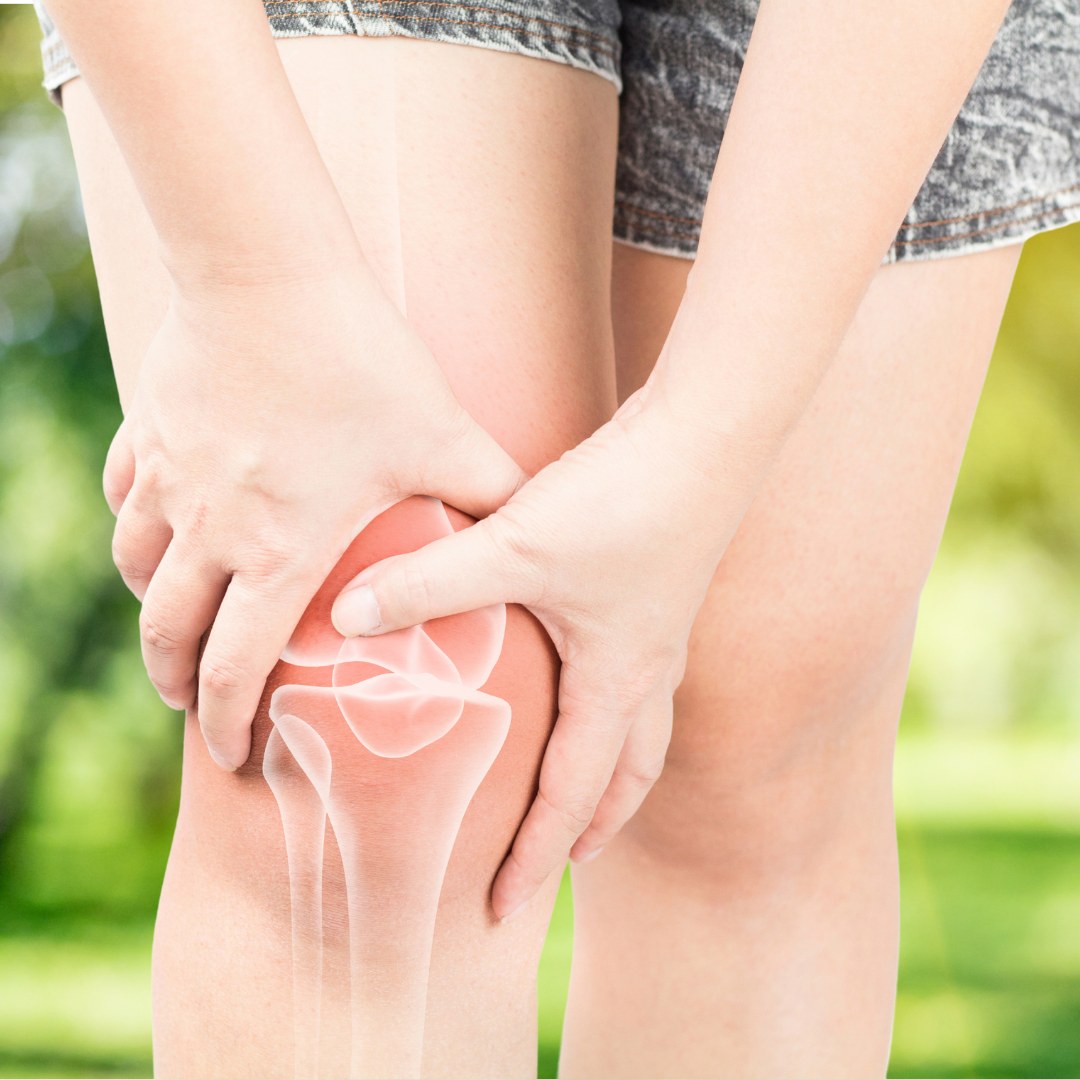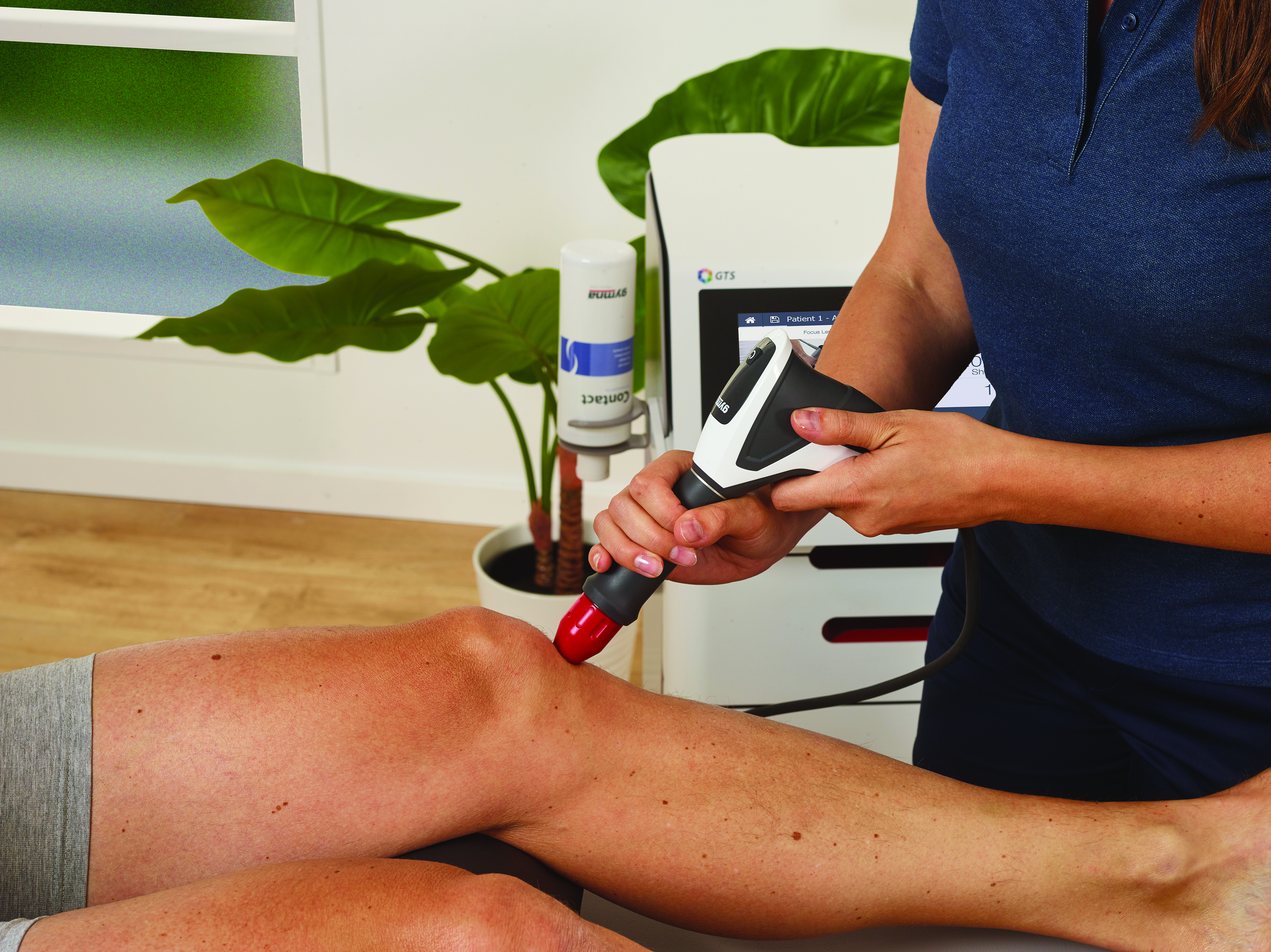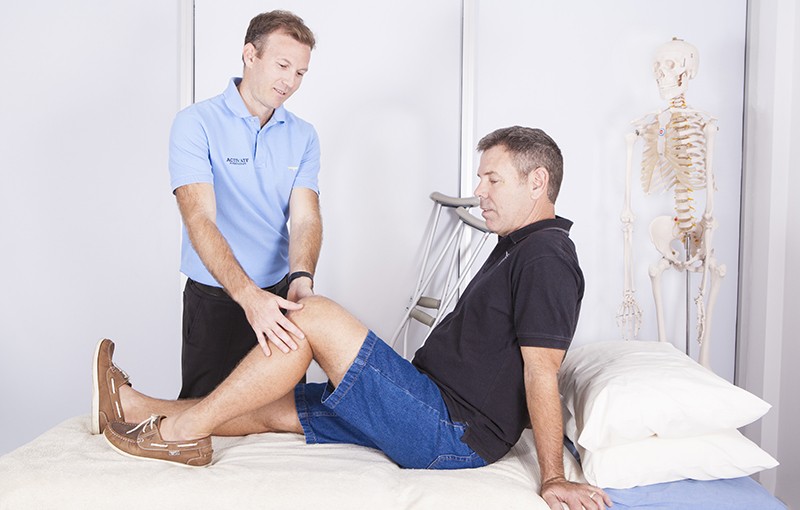Knee Osteoarthritis
Understanding Knee Osteoarthritis: Causes, Symptoms and Effective Treatments
Knee osteoarthritis is a prevalent condition affecting many people, especially as they age. It can significantly impact one’s quality of life, making everyday activities challenging. At Activate Physiotherapy, we aim to provide comprehensive care to help manage and alleviate the symptoms of knee osteoarthritis through various treatments, emphasising non-invasive methods whenever possible.
What is Knee Osteoarthritis?
Knee osteoarthritis is a degenerative joint disease characterised by the breakdown of cartilage in the knee joint. Cartilage is a smooth, slippery tissue that covers the ends of bones in a joint, allowing for frictionless movement. When this cartilage wears down, bones can rub against each other, causing pain, swelling, and reduced mobility. Over time, this can lead to the formation of bone spurs and further joint damage.
What Causes Knee Osteoarthritis?
Several factors can contribute to the development of knee osteoarthritis, including:
- Age: The risk increases with age as cartilage naturally wears down over time.
- Genetics: A family history of osteoarthritis can increase your risk.
- Increased Weight: Excess weight puts additional stress on the knee joints.
- Injury: Previous knee injuries can predispose you to developing osteoarthritis.
- Repetitive Stress: Jobs or activities that place repetitive stress on the knees can contribute to cartilage breakdown.
- Other Medical Conditions: Conditions like rheumatoid arthritis or metabolic disorders can increase the risk of developing osteoarthritis of the knee.


How to Treat Knee Osteoarthritis?
Physiotherapy: A Key Component of Recovery
Physiotherapy is a cornerstone in managing knee osteoarthritis. At Activate Physiotherapy, our tailored treatment plans focus on improving joint function, reducing pain, and enhancing overall quality of life. Key physiotherapy interventions include:
- Exercise Therapy: Strengthening the muscles around the knee helps support and stabilise the joint. Our physiotherapists will design a customised exercise program to improve strength, flexibility, and endurance.
- Manual Therapy: Techniques like joint mobilisation and manipulation can help improve joint movement and reduce pain.
Shockwave Therapy: Innovative Pain Relief
Shockwave therapy is a non-invasive treatment that uses acoustic waves to mechanically stimulate healing and reduce pain in affected tissues. It can be particularly effective for knee osteoarthritis by promoting blood flow, reducing inflammation, and stimulating the repair of damaged tissues.
Research has demonstrated that Extracorporeal Shockwave Therapy (ESWT) is an effective and safe modality for controlling pain and decreasing disability in patients diagnosed with moderate knee osteoarthritis. Studies have shown that ESWT can lead to significant improvements in pain levels and functional mobility. Furthermore, ESWT has a positive effect on the biochemical components of femoral cartilage. It can help increase the production of essential cartilage-building proteins and reduce the degradation of cartilage, promoting joint health and slowing the progression of osteoarthritis (Zhong et al, 2019).
Exercise Therapy
Regular exercise is crucial for managing knee osteoarthritis. It helps maintain joint function, reduce stiffness, and alleviate pain. Low-impact activities such as swimming, cycling, and walking are excellent choices. Our physiotherapists will guide you through safe and effective exercises tailored to your needs.
Acupuncture & Dry Needling
Acupuncture and dry needling can be beneficial in managing knee osteoarthritis pain. These techniques involve inserting fine needles into specific points on the body to relieve pain and improve function. They can help reduce inflammation, increase blood flow, and promote the release of endorphins.
Instrument-Assisted Soft Tissue Mobilization (IASTM) and Cupping
IASTM and cupping are therapeutic techniques used to manage musculoskeletal conditions. IASTM involves using specialized tools to break down scar tissue and fascial restrictions, promoting healing and improving mobility. Cupping therapy involves placing cups on the skin to create suction, which can enhance blood flow, reduce pain, and promote relaxation.
Over-the-Counter Pain Relieving Medications
Over-the-counter (OTC) pain relieving medications can be an effective strategy for managing the pain and inflammation associated with knee osteoarthritis. Commonly used OTC medications include:
- Acetaminophen (Paracetamol): Often recommended as a first-line treatment, acetaminophen can help reduce pain without causing stomach irritation.
- Nonsteroidal Anti-Inflammatory Drugs (NSAIDs): Medications like ibuprofen and naproxen can help reduce both pain and inflammation. However, long-term use can lead to side effects such as stomach ulcers and increased cardiovascular risk.
- Topical Pain Relievers: Creams, gels, and patches containing NSAIDs or other pain-relieving ingredients can be applied directly to the knee to provide localised pain relief with fewer systemic side effects.
While OTC medications can help manage symptoms, they should be used in conjunction with other treatments like physiotherapy and exercise therapy for optimal results. Always consult with your healthcare expert in pharmaceuticals like your GP or pharmacist before starting any new medication regimen.
Surgery
Surgery should be considered a last resort when other treatments have failed to provide relief. Evidence suggests that arthroscopic clean-up procedures are not beneficial for knee osteoarthritis. However, total knee replacement can be effective for individuals with severe osteoarthritis whose daily function is significantly limited by symptoms. This procedure involves replacing the damaged joint with an artificial one, offering pain relief and improved mobility.

Conclusion
Knee osteoarthritis can be a debilitating condition, but with the right treatment approach, its symptoms can be effectively managed. At Activate Physiotherapy, we are dedicated to providing comprehensive care through physiotherapy, shockwave therapy, exercise therapy, and other non-invasive treatments. By focusing on personalised care, we aim to help you regain your mobility and improve your quality of life. If you are experiencing symptoms of knee osteoarthritis, book online today to schedule an appointment and start your journey towards better joint health.
How to Make an Appointment
Making an appointment to see one of our Physiotherapists is as easy as booking online for your nearest Brisbane based Activate Physiotherapy clinic in Stafford or Tingalpa.
